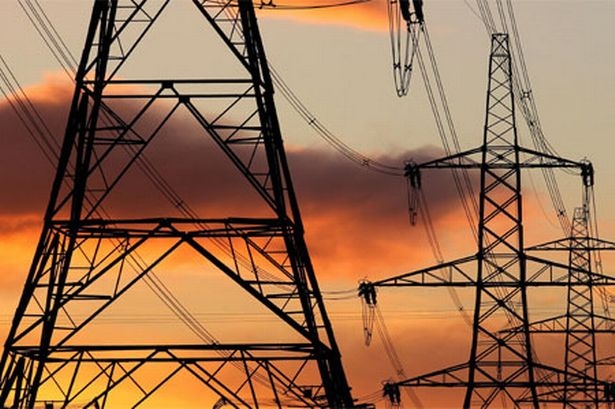ECG wants you to pay 148% more for electricity; GWCL also insists Ghanaians shoulder its $7.93m loan
 The two utility companies have advanced arguments to justify their demand in tariff hikes
The two utility companies have advanced arguments to justify their demand in tariff hikes
The Electricity Company of Ghana is proposing that the Public Utilities and Regulatory Commission allow the power distributor to charge 148% more as a tariff for 2022
It also wants 7.6% average adjustments between the periods of 2023 to 2026.
The ECG said in a 55-page document that the gap between the actual cost recovery tariff and the PURC-approved tariffs as well as the cost of completed projects is too wide and must be closed.
“The financial sustainability of the Electricity Company of Ghana is important as it impacts on the entire energy sector”.
“With the huge investment needs facing the distribution industry over the next five years, it is expected that the proposed tariff increases would inevitably be approved to sustain efficient and reliable electricity service.”
“Overall, this tariff proposal indicates a high increase (148%) in the year 2022 compared with the subsequent years’ increases of an average of 7.6%”.
“This high increase in 2022 is largely attributable to the cost of investment projects; the gap that has developed over the years between the actual cost recovery tariff and the PURC approved tariffs; the continual application of the prevailing tariff (which was a 14% reduction) beyond the stipulated regulatory period (2019-2020); and the effect of macroeconomic factors,” ECG said in the document.
It is also proposing an increase of 28.4% in 2022 for Distribution Service Charge (2) which is the rate electricity distribution companies recover distribution losses.
For this set of charges, there is a proposal for an average increment of 2% from 2023 to 2026.
Also, the Ghana Water Company has made tariff hike demands.
It argues that while the average tariff per cubic metre in 2019 was 1.27 USD, it was reduced to USD 1.13 as a result of cedi depreciation.
For the GWCL, the current domestic tariff of GH¢3.29 per cubic metre to consumers within 0-5 cubic metres is less than what the poor in rural areas pay, which is about 10 cedis.
To justify its case for the increment, the Ghana Water Company Limited says it is saddled with a monthly loan payment of 7.93 million dollars which is 47.15% of its average monthly revenue.
The GWCL says it has no option but to recover the loans through tariffs.
The GWCL argues that tariff increments are largely driven by exchange rate depreciation, a paradigm shift in government economic policies.
Source: Classfmonline.com
Trending Business

GoldBod begins licensing of gold trading service providers
11:48
President Mahama appoints Capt. James Richmond Quayson as the Director of Takoradi Port
13:10
Replicate Kwahu Business Forum nationwide- UCC don to Mahama
09:27
Better Ghana Alliance rebuts DPPF’s hailing of KGL as Africa’s top lotto company
09:13
New policies will hurt mining sector growth - Minority to gov’t
08:27
Ato Forson leads Ghana to participate in first IMF /World Bank Spring Meetings in Washington DC
02:50
SIC Insurance courts GPHA to expand insurance partnership
01:14
Mahama urges Africa to leverage global shifts for economic tansformation
11:07
Energy expert warns new electricity tariffs could fuel unemployment
08:05
Easter: Kwahu Obomeng Queen Mother cautions against price hikes
02:31



